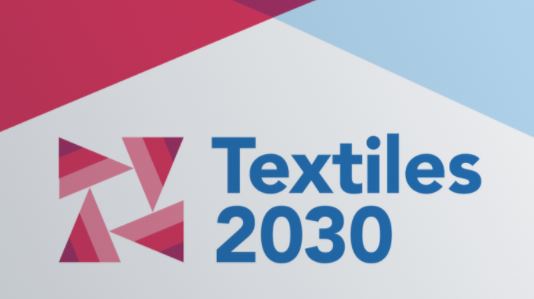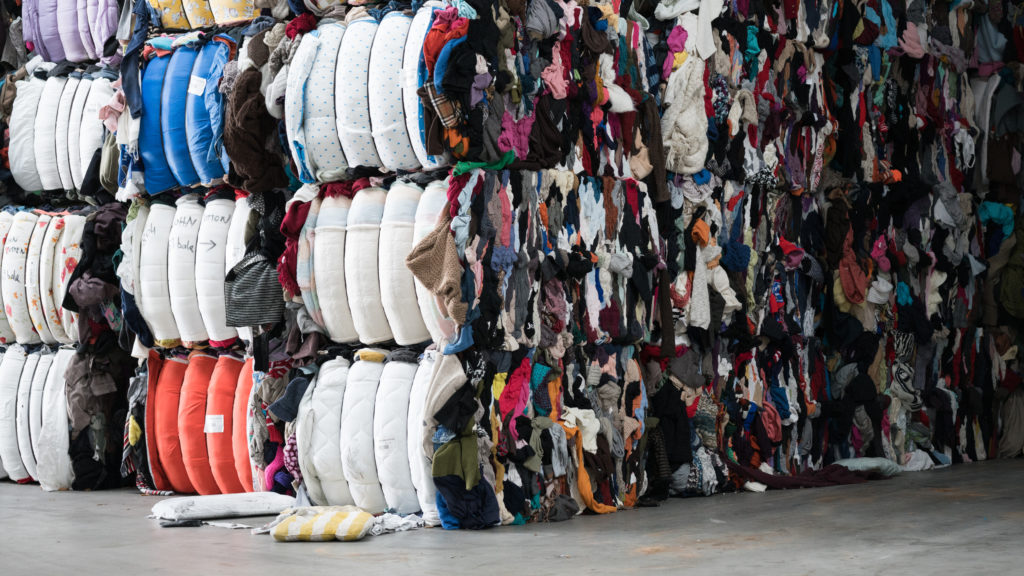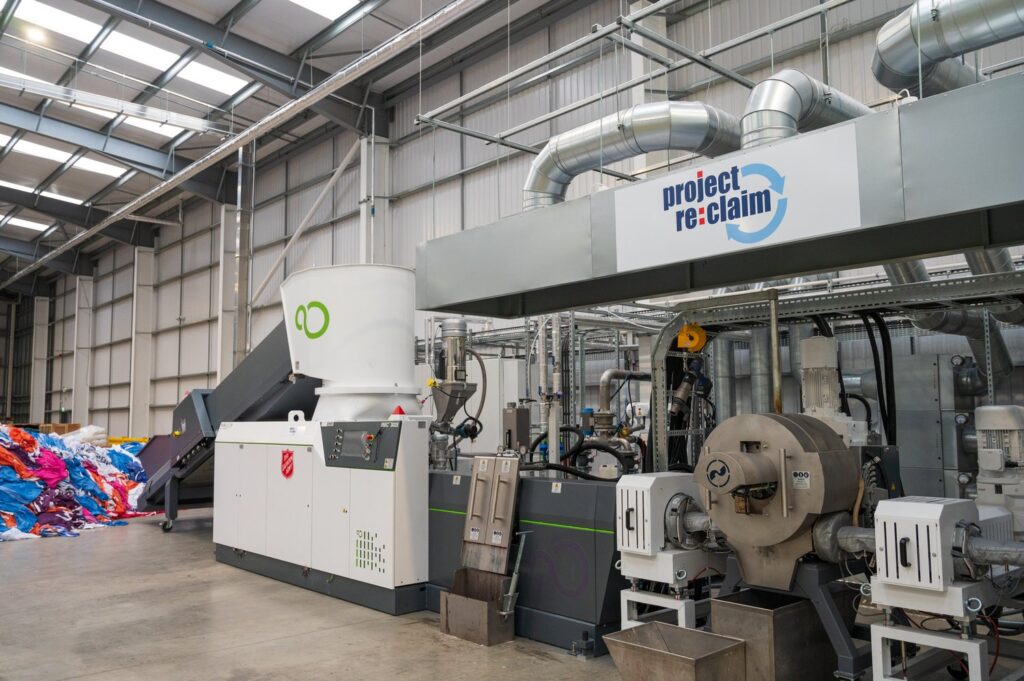
The comments from Alan Wheeler came as resources charity WRAP formally unveiled its voluntary Textiles 2030 this week (26 April), which aims to slash the impact that textiles have on the environment over the next decade.
Textiles 2030 has a string of household names such as Asos and Primark signed up with the two environmental aims focusing on water and carbon reduction.
This will sit alongside targets to ensure more clothes are sold for reuse then new and “more circular raw material is in new products than linear raw materials” by 2030.
However, TRA director Alan Wheeler warned that in order to do this, the sector will have to make difficult decisions on how to reduce the consumption of new clothing and collect more used textiles, while also keeping the fashion industry “financially viable”.
The TRA also claimed that with the UK Government confirming its intention to consult on an Extended Producer Responsibility (EPR) framework for clothing and textiles in 2022, the re-use and recycling industry is set to go through “major changes” over the next few years.
‘Not an option’
Mr Wheeler explained: “Some people have yet to realise that we must reduce textile production and we all need to send all our clothing and textiles for re-use and recycling when we no longer want it. To keep on increasing textile production is simply not sustainable and not an option.”
“Some people have yet to realise that we must reduce textile production and we all need to send all our clothing and textiles for re-use and recycling.” – Alan Wheeler, TRA
“Governments throughout the world need to change their mantra from supporting jobs in textile production to supporting new jobs in the textile recycling industry. Instead of promoting conventional textile production, I would like to see the default position shifted so that all new production uses set minimum levels of recycled fibres in their new textile products as and when it becomes practical and economic to do so”.
SCAP
The Textiles 2030 comes after WRAP’s SCAP 2020 programme missed its target for waste reduction.
While targets were met for reducing water consumption and carbon, the amount of textile waste being sent to landfill or incineration fell 4% since the 2012 launch, WRAP said, against a target of 15%.
A direct waste reduction target hasn’t been set for 2030.
EAC
The warning from Mr Wheeler comes the day before the Environmental Audit Committee is set to hold an evidence session to examine Textiles 2030 tomorrow (28 April).
WRAP, as coordinators of the scheme, will be appearing on the first panel of the session alongside representive from retail chain, Primark.

The second panel will discuss the EPR scheme for textiles, and how it can be designed to support the initiative and incentivise sustainable design within the fashion industry.
Wrap
Upon the launch of the scheme, Wrap unveiled a Textiles 2030 roadmap which includes targets for carbon reduction.
Numerous brands have signed up to the programme, including ASOS, Boohoo, Dunelm, John Lewis, M&S, New Look, Next, Primark, Sainsbury’s, Ted Baker, Tesco and The Salvation Army.
Marcus Gover, CEO of WRAP said: “Textiles 2030 will create a fashion sector fit for the future and lower the environmental impacts of other household textiles. This is just the beginning of a decade long programme and we need more companies to show their commitment to their customers through Textiles 2030.
“With clothing having the fourth largest impact on the environment after transport, housing and food we simply cannot afford for sustainability not to be the next big thing in fashion.











Subscribe for free